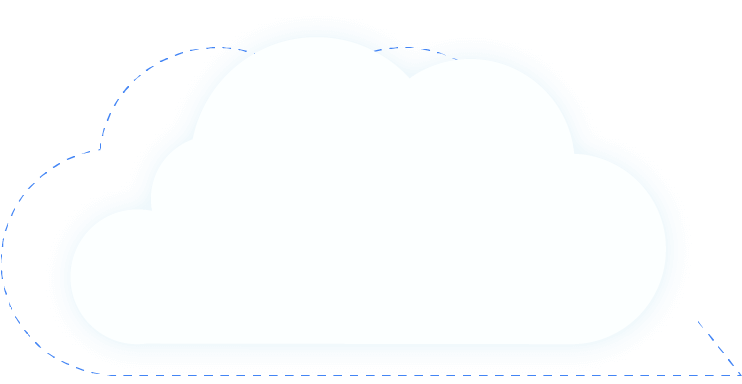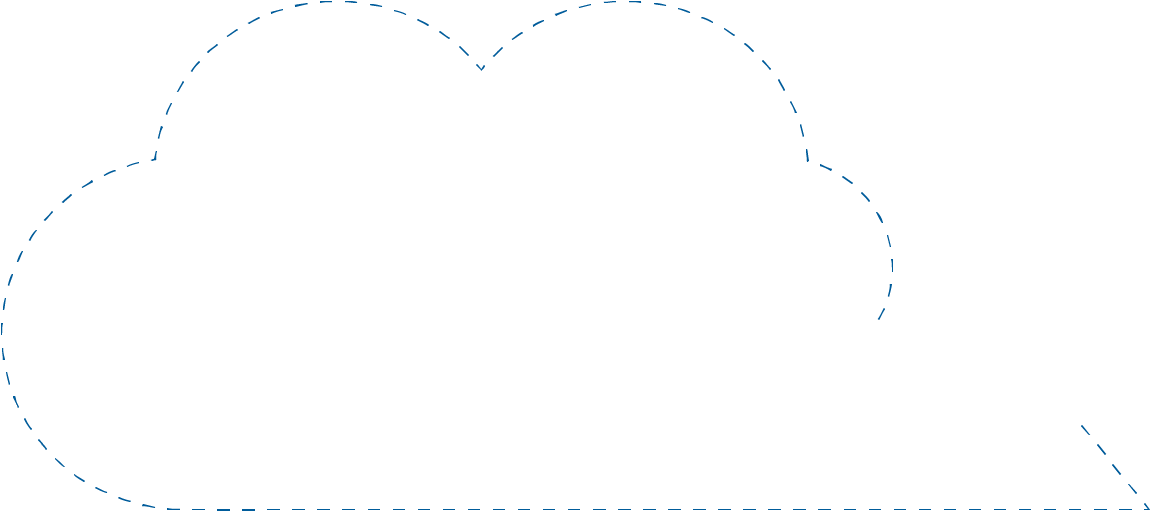
Overview
Logging, Monitoring and Observability in Google Cloud teaches participants techniques for monitoring, troubleshooting, and improving infrastructure and application performance in Google Cloud. Guided by the principles of Site Reliability Engineering (SRE), and using a combination of presentations, demos, hands-on labs, and real-world case studies, attendees gain experience with full-stack monitoring, real-time log management and analysis, debugging code in production, tracing application performance bottlenecks, and profiling CPU and memory usage.
Duration: 24h
Học phí: 14,100,000 VND

Objective
After completing the course, students will have the following knowledge:
- Plan and implement a well-architected logging and monitoring infrastructure
- Define Service Level Indicators (SLIs) and Service Level Objectives (SLOs)
- Create effective monitoring dashboards and alerts
- Monitor, troubleshoot, and improve Google Cloud infrastructure
- Analyze and export Google Cloud audit logs
- Find production code defects, identify bottlenecks, and improve performance
- Optimize monitoring costs


Audience
- Bạn đang làm việc ở các vị trí: Cloud Architect, Administrator, SysOps personnel, Cloud developer, DevOps personnel
prerequisite
- Have completed Core Infratructure fundamental
- Basic scripting or coding familiarity
- Proficiency with command-line tools and Linux operating system environments

OUTLINE
01
Introduction to Google Cloud Monitoring Tools
Understand the purpose and capabilities of Google Cloud operations-focused components: Logging, Monitoring, Error Reporting, and Service Monitoring.
Understand the purpose and capabilities of Google Cloud application performance management focused components: Debugger, Trace, and Profiler.
02
Avoiding Customer Pain
Construct a monitoring base on the four golden signals: latency, traffic, errors, and saturation.
Measure customer pain with SLIs.
Define critical performance measures.
Create and use SLOs and SLAs.
Achieve developer and operation harmony with error budgets.
03
Alerting Policies
Develop alerting strategies.
Define alerting policies.
Add notification channels.
Identify types of alerts and common uses for each.
Construct and alert on resource groups.
Manage alerting policies programmatically.
04
Monitoring Critical Systems
Choose best practice monitoring project architectures.
Use the default dashboards appropriately.
Build custom dashboards to show resource consumption and application load.
Define uptime checks to track aliveness and latency.
05
Configuring Google Cloud Services for Observability
Integrate logging and monitoring agents into Compute Engine VMs and images.
Enable and utilize Kubernetes Monitoring.
Extend and clarify Kubernetes monitoring with Prometheus.
Expose custom metrics through code, and with the help of OpenCensus.
06
Advanced Logging and Analysis
Identify and choose among resource tagging approaches.
Define log sinks (inclusion filters) and exclusion filters.
Create metrics based on logs.
Define custom metrics.
Link application errors to Logging using Error Reporting.
Export logs to BigQuery.
07
Monitoring Network Security and Audit Logs
Collect and analyze VPC Flow logs and Firewall Rules logs.
Enable and monitor Packet Mirroring.
Explain the capabilities of Network Intelligence Center.
Use Admin Activity audit logs to track changes to the configuration or metadata of resources.
Use Data Access audit logs to track accesses or changes to user-provided resource data.
Use System Event audit logs to track GCP administrative actions.
08
Managing Incidents
Define incident management roles and communication channels.
Mitigate incident impact.
Troubleshoot root causes.
Resolve incidents.
Document incidents in a post-mortem process.
09
Investigating Application Performance Issues
Debug production code to correct code defects.
Trace latency through layers of service interaction to eliminate performance bottlenecks.
Profile and identify resource-intensive functions in an application.
10
Optimizing the Costs of Monitoring
Analyze resource utilization cost for monitoring related components within Google Cloud.
Implement best practices for controlling the cost of monitoring within Google Cloud.
Study with
Google Cloud expert











Student feedback
Cloud Ace Training
Bringing great experiences to students


Trần Tuấn Anh
IT

Nguyễn Ngọc Minh Thy
Data Engineer

Trương Quốc Thắng
Data Engineer

Phạm Văn Hùng
IT

Dương Minh Phương
Engineer

REGISTER NOW
TO BECOME " GOOGLE CLOUD EXPERT"

câu hỏi thường gặp
![]() Cloud Ace is a Google Cloud training unit, so it does not organize exams and provide Google Cloud certifications. Cloud Ace only supports providing certificates of course completion for students while waiting for the Google Cloud certification exam
Cloud Ace is a Google Cloud training unit, so it does not organize exams and provide Google Cloud certifications. Cloud Ace only supports providing certificates of course completion for students while waiting for the Google Cloud certification exam
In addition, if you want to take the Google Cloud certification exam, Cloud Ace will guide you to register for the Online or Offline exam at the authorized Google Cloud test centers in Vietnam.
![]() Of course, during the learning process, you will constantly be solving quizzes, simulated mock tests that are similar to Google Cloud's actual exam questions. In addition, Cloud Ace also provides Dump questions that are constantly updated with question types, exam questions from Google Cloud to help you have the best preparation for the exam.
Of course, during the learning process, you will constantly be solving quizzes, simulated mock tests that are similar to Google Cloud's actual exam questions. In addition, Cloud Ace also provides Dump questions that are constantly updated with question types, exam questions from Google Cloud to help you have the best preparation for the exam.
![]() Of course. You will be supported by Cloud Ace during the learning process and even at the end of the course. You can interact with the Trainer via Slack, email hoặc qua Group Google Cloud Plartform User HCM để được các Trainer hỗ trợ nhé.
Of course. You will be supported by Cloud Ace during the learning process and even at the end of the course. You can interact with the Trainer via Slack, email hoặc qua Group Google Cloud Plartform User HCM để được các Trainer hỗ trợ nhé.
After completing the course, if you have any questions about the knowledge or have difficulties in implementing the project on Google Cloud, you can contact the Trainer for answers.
![]() The Google Cloud course is not only suitable for software engineers or system development engineers, but also suitable for data processing engineers such as Data Analytics, Data Engineer, Data Scientist.
The Google Cloud course is not only suitable for software engineers or system development engineers, but also suitable for data processing engineers such as Data Analytics, Data Engineer, Data Scientist.
In addition, if you are a Marketer or working in the field of finance, banking, e-commerce, logistics .... constantly faced with big data to solve, then you can refer to the courses Big Data Machine Learning Fundamental or From Data to Insight on Google Cloud Platform courses to refer to simple data processing and create professional reports on Google Cloud.


